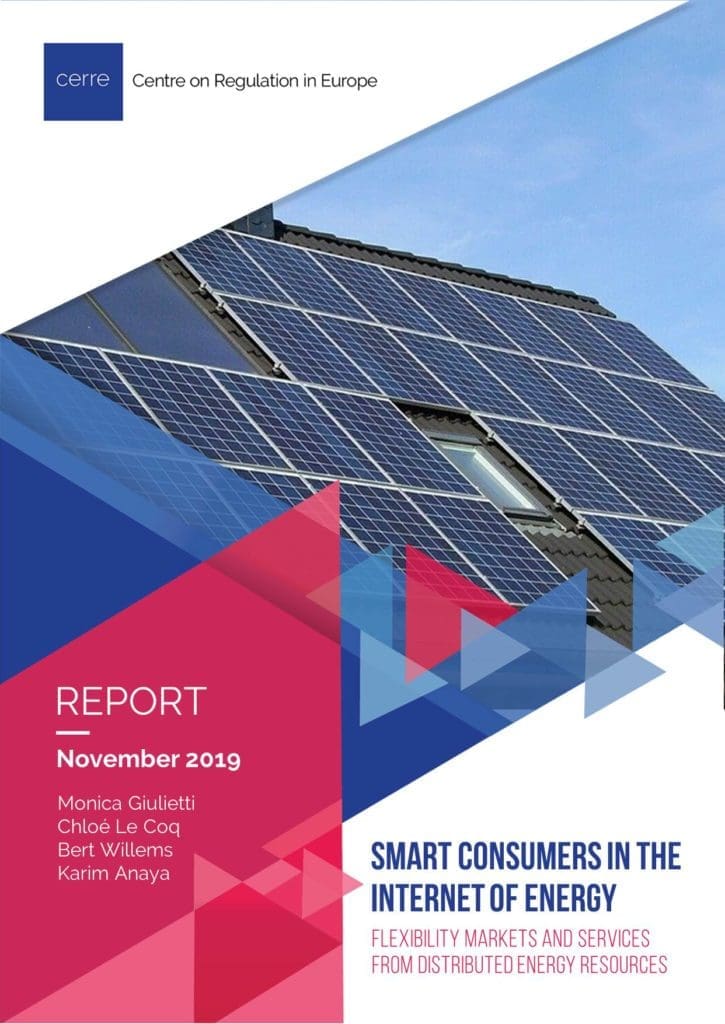and Nottingham University Business School
Monica Giulietti is Professor of Industrial Economics at Nottingham University Business School since 2023.
Before joining Nottingham, she worked at the Universities of Loughborough, Warwick, Aston and Exeter. Her research focuses on competition and regulation in wholesale and retail energy markets, energy consumers’ behaviour, fuel poverty, distribution networks and decentralised energy resources. Throughout her career, she has frequently published in international journals and conducted research work for several governmental institutions and organisations.
Monica Giulietti is Professor of Industrial Economics at Nottingham University Business School since 2023.
Before joining Nottingham, she worked at the Universities of Loughborough, Warwick, Aston and Exeter. Her research focuses on competition and regulation in wholesale and retail energy markets, energy consumers’ behaviour, fuel poverty, distribution networks and decentralised energy resources. Throughout her career, she has frequently published in international journals and conducted research work for several governmental institutions and organisations.






